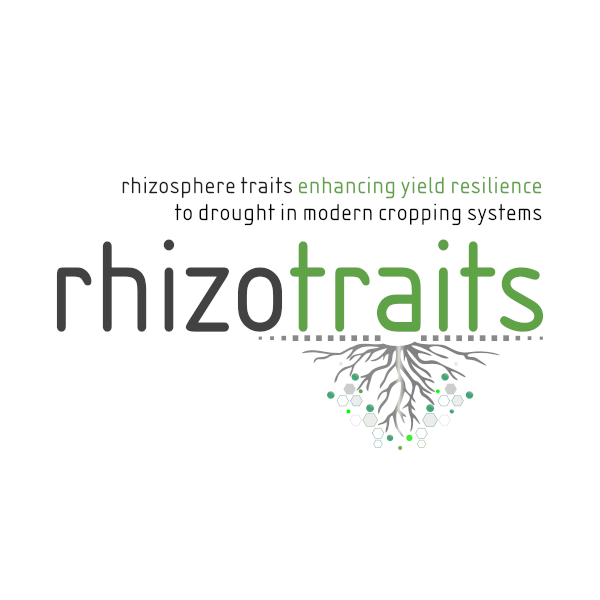As a result of climate change, cereal plants will be exposed to longer and more frequent periods of drought. How well they survive this stress depends on their interactions with water, nutrients, bacteria and fungi in the soil. The ‘RhizoTraits’ research network wants to get to the bottom of the varying degrees of resistance of cereal varieties. To this end, the researchers, led by the University of Bayreuth, are investigating which properties of roots and the neighbouring rhizosphere make plants more resistant to climate change. Old grain varieties are the researchers' hope.
The assumption is that traits are still present in old varieties that could be an important key to the drought resistance of plants. The focus of the project is on large phenotyping experiments. Here, old and modern maize varieties are grown in beer crate-sized boxes, either under optimal irrigation or under drought stress. Root growth can be documented through glass panes on the sides of the boxes. In addition, root characteristics such as root length and exudation (excretion of organic compounds) are recorded, the microorganisms in the root area are analysed and water flows from the soil into the plants are measured. The team is testing the yields of the varieties that are particularly noticeable under drought stress in the phenotyping experiment in large-scale field trials on different soils and under different climatic conditions. The data collected will be used to improve a model that predicts how favourable root traits affect yields under current and future climatic scenarios. The researchers are also analysing the historical development of cereal crop yield data in Bavaria in order to draw conclusions about long-term changes. The knowledge gained will be translated into recommendations for agricultural practice and plant breeding in order to help improve the quality and quantity of crop yields under climate extremes.
